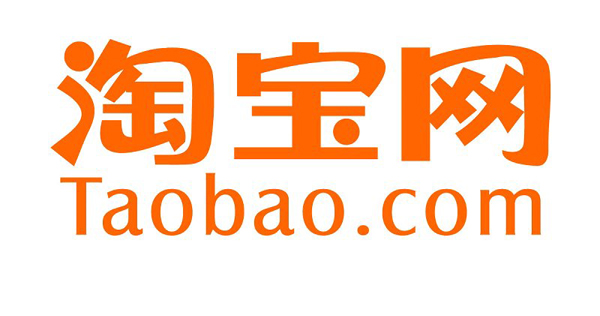
Taobao and AliResearch released Taobao Village Report 2.0 on December 27, 2013. By the end of November 30 2013, Taobao (including Tmall ) registered online stores located in China rural areas increased 24.9%, and the number in villages and towns rose 76.3% compared to the end of 2012.
Top mobile shopping platforms in China: Taobao, Pinduoduo, JD
The report pointed out that Taobao villages gradually became a new force of the rural economy, in 2013, the number of Taobao villages increased to 20 which brought about 60,000 job vacancies directly and many job opportunities in the logistics and packaging industries indirectly. Taobao village is a unique economic phenomenon in the world.
The definition of Taobao village includes that online stores have to account for above 10% of local families and online transaction surpassed 10 million yuan (USD 1.64 million). These retailers in rural areas based on the Taobao C2C platform, achieved economies of scale and synergy effects.
By December 2013, the discovered 20 Taobao villages located in Hebei, Shandong, Jiangsu, Zhejiang, Jiangxi, Fujiang and Guangdong province. A village in Yiwu city with 2,000 online stores hit 2 billion yuan (USD 328 million) sales in 2013. Many Taobao villages had evolved from grass roots stage 1.0 to stage 2.0, began building their own brands.
According to CNNIC, by June 2013, the number of Chinese netizens reached 591 million, increased 26.56 million compared to the end of 2012. 54.5% of new netizens were from rural areas, and Chinese rural netizens grew to 165 million which accounted for 27.9% of total.
AliResearch estimated that Taobao village would continue growing in the next few years and affect rural economy greatly and deep.